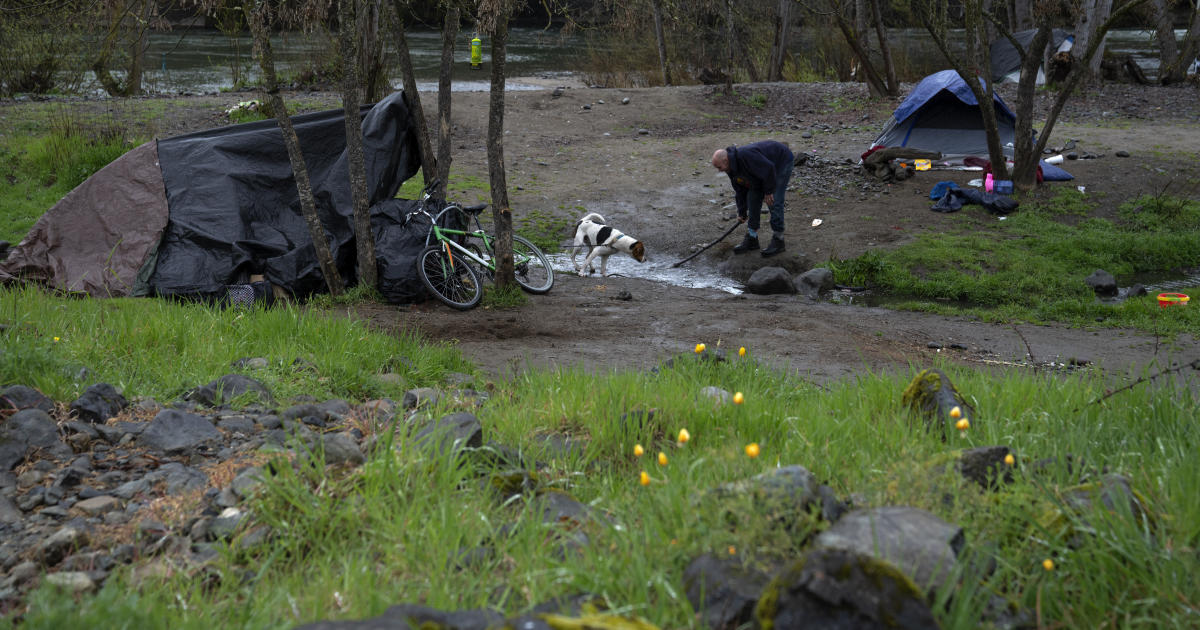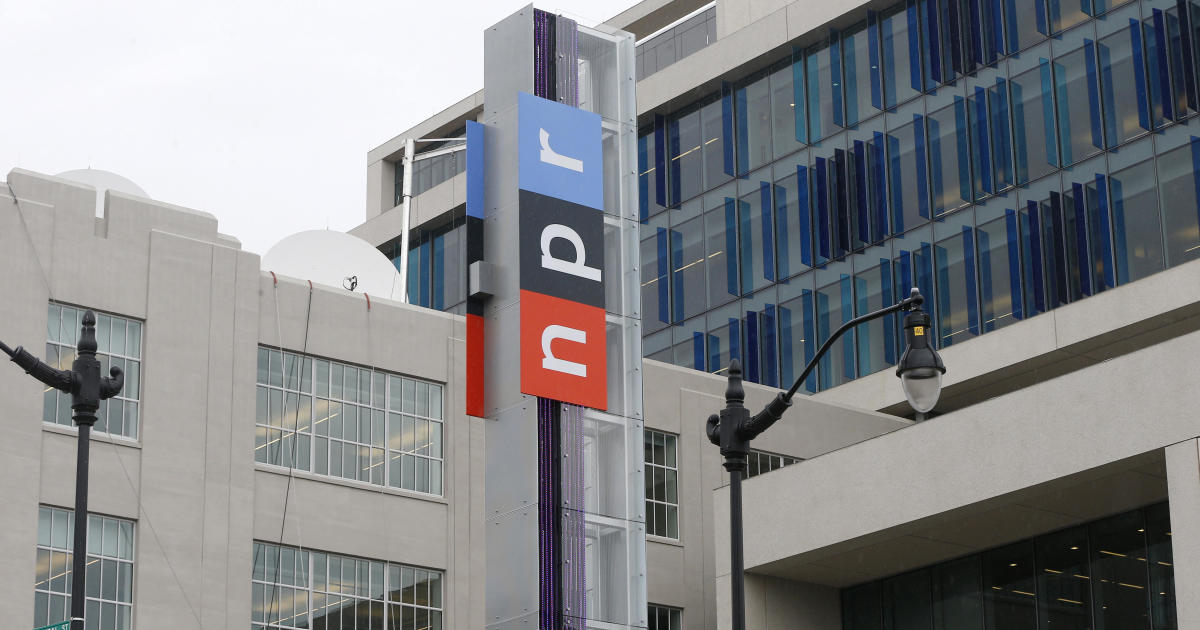LinkedIn CEO Jeff Weiner on America's skill gap and efforts to close it
According to the latest labor statistics, the number of job openings in the U.S. rose to more than 6 million in April, an all-time high and up more than 7 percent from the same time a year ago.
As part of our continuing series, "Work in Progress," exploring the future of jobs and issues facing the American workforce, LinkedIn CEO Jeff Weiner joined "CBS This Morning" to discuss why there seem to be so many job openings, whether skills or degrees are more important, and how LinkedIn is trying to connect the right people with the right jobs.
"In terms of some of the cities with the fastest-growing influx of talent, which I think to some extent is a reflection or a proxy for where those job opportunities are, we're seeing a lot of growth and a lot of movement to cities like Seattle, Portland, Denver, Austin, Charlotte," Weiner said.
According to Weiner, these cities have a high quality of life and a lower cost of living compared with places like Silicon Valley.
Asked to explain why there are currently so many job openings, Weiner said," You know, there's a lot of debate back and forth among economists. Is there a skill gap, is there not a skill gap? I think when you think about it in the aggregate across the United States, you can debate it. But unquestionably, at the local level, there are skills gaps. There are cities that are hiring, they're hiring quickly. They've got fast-growing industries and they don't have the talent with the requisite skills to take on those roles."
Weiner said LinkedIn's goal is to leverage the data they've been able to collect from 500 million users of the online networking site to help better match job seekers and employers.
"We have over 10 million jobs there now listed on the site, 50,000 standardized skills. We've got the information to match talent to jobs in a way that was never possible before," Weiner said.
In addition to matching talent with jobs, Weiner said LinkedIn would like to be able to offer users information about what skills they need to acquire for a particular job, and where to get those skills. He'd also like to provide those insights to educational institutions to help shape their course offerings.
"And we'd also like to be able to provide this information to governments and educational infrastructure, junior colleges, vocational training facilities to create ideally just-in-time curriculum," Weiner said.
Many job-seekers wonder about the value of on-the-job skills versus educational degrees. But Weiner said, "Skills and degrees are not mutually exclusive."
"There are people pursuing degrees, graduating with degrees that are incredibly valuable, some of these people are first generation in their families to be able to graduate college and they're going to go on to jobs their parents couldn't have dreamed of. That said, certainly speaking for Silicon Valley, we do too much hiring based on traditional backgrounds and traditional educations and we are overlooking incredible talent that may not have the prestigious degree but has the resilience, the grit, the perseverance, the growth mind-set," Weiner explained.
However, with the rising costs of higher education, many young people are spending a lot of money on their degrees that don't land them jobs, or land them jobs that don't pay well.
"So, again, I think it comes back to making sure we understand where those job opportunities are, going back to the 6 million jobs that are available in the country today. When you have the data to understand where those jobs are, the skills that are required for those jobs, and you can help people better match their own skills to those opportunities, I think you can start to close that gap," Weiner said.
"CBS This Morning" co-host Charlie Rose noted that there is importance to a liberal arts education beyond just learning job skills, saying, "It's about understanding civilization, where you come from and understanding and getting other kinds of skills that will benefit you as a human being."
Weiner agreed, "It absolutely is. Again, I don't think this is mutually exclusive. Steve Jobs used to talk about the importance of a liberal arts education and connecting dots, and those connection of dots that enabled him to create Apple and some of the brilliant innovations that Apple has introduced to the world. The flip side, Charlie, is that frankly our universities, our school system is not doing a good enough job equipping people with the skills they need for the jobs that are and will be, as opposed to jobs that once were."



